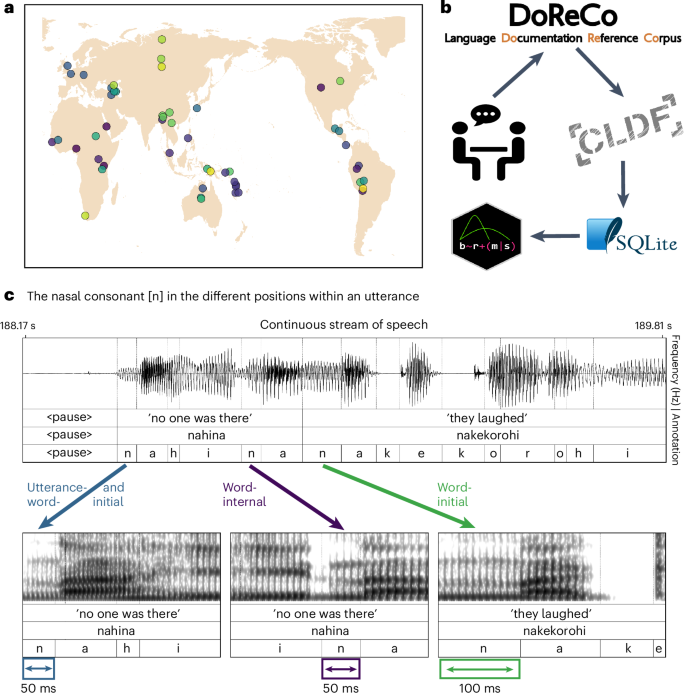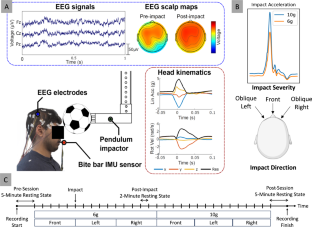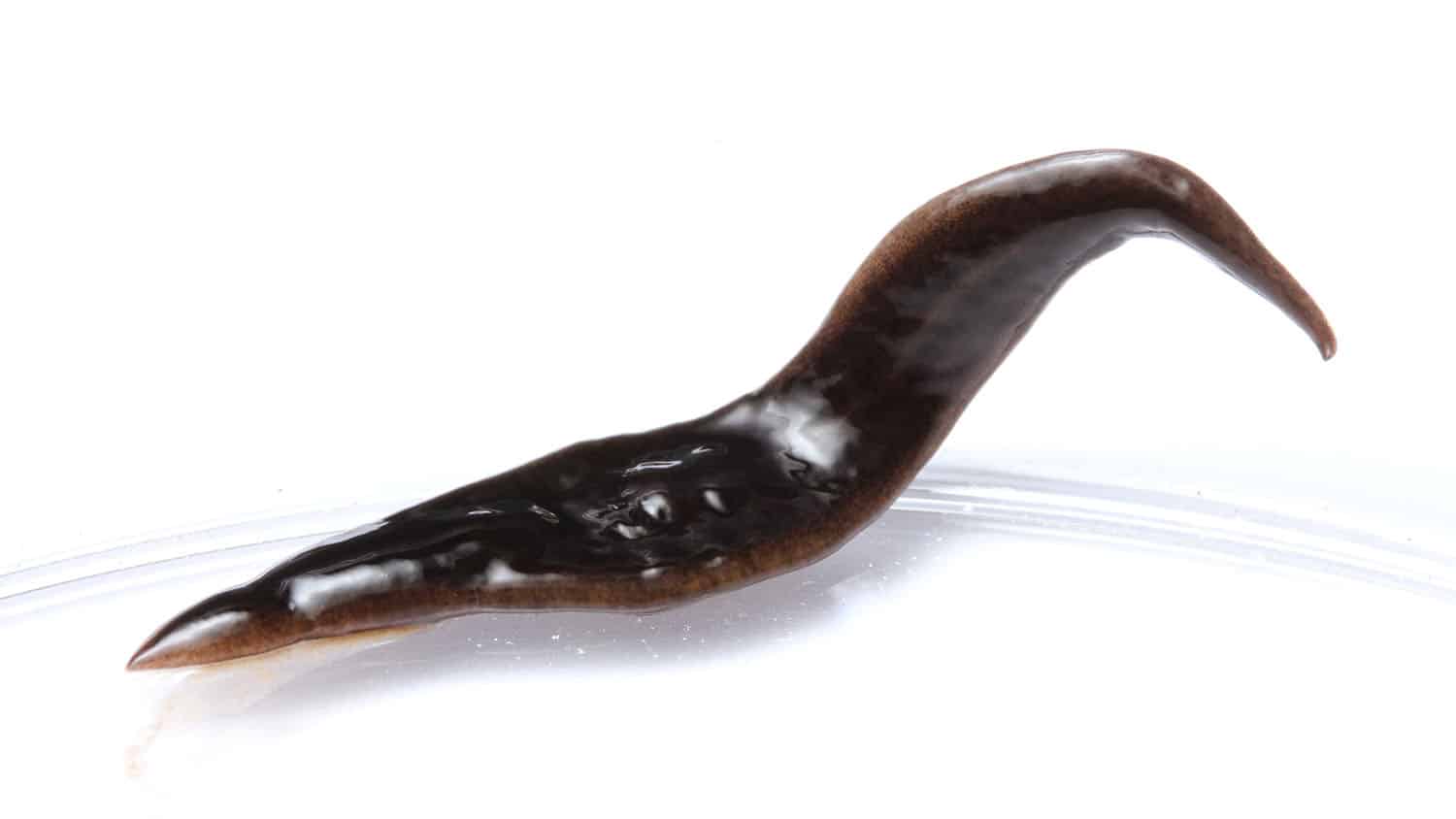2024-09-24 マックス・プランク研究所
<関連情報>
- https://www.mpg.de/23481719/0919-evan-lengthened-consonants-mark-the-beginning-of-words-150495-x
- https://www.nature.com/articles/s41562-024-01988-4
多様な言語サンプルにおいて子音が長くなることが単語の始まりを示す Consonant lengthening marks the beginning of words across a diverse sample of languages
Frederic Blum,Ludger Paschen,Robert Forkel,Susanne Fuchs & Frank Seifart
Nature Human Behaviour Published:24 September 2024
DOI:https://doi.org/10.1038/s41562-024-01988-4

Abstract
Speech consists of a continuous stream of acoustic signals, yet humans can segment words and other constituents from each other with astonishing precision. The acoustic properties that support this process are not well understood and remain understudied for the vast majority of the world’s languages, in particular regarding their potential variation. Here we report cross-linguistic evidence for the lengthening of word-initial consonants across a typologically diverse sample of 51 languages. Using Bayesian multilevel regression, we find that on average, word-initial consonants are about 13 ms longer than word-medial consonants. The cross-linguistic distribution of the effect indicates that despite individual differences in the phonology of the sampled languages, the lengthening of word-initial consonants is a widespread strategy to mark the onset of words in the continuous acoustic signal of human speech. These findings may be crucial for a better understanding of the incremental processing of speech and speech segmentation.


